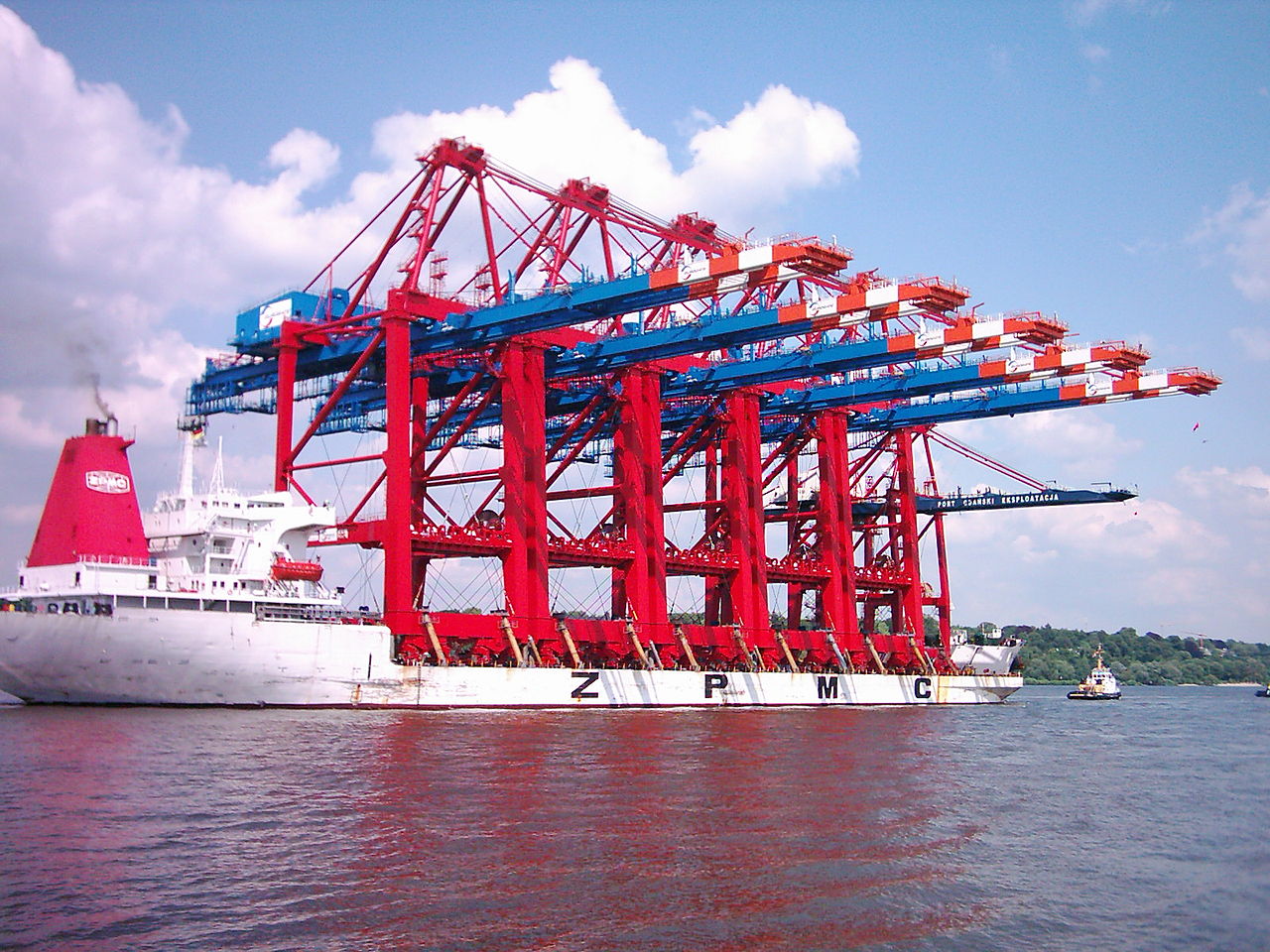A Lesson from China: Growth Is Not Eternal So Be Prepared
This is one of our free-to-access content pieces. To gain access to all Ideas for Leaders content please Log In Here or if you are not already a Subscriber then Subscribe Here.

Shanghai Zhenhua Heavy Industries (ZPMC) was a high-flying builder of large-scale container cranes whose decisions — such as lifetime guarantees on all parts and ambitious diversification — reflected a belief that growth would last forever. It didn’t.
Shanghai Zhenhua Heavy Industries (ZPMC), a company that specialized in the large-scale cranes used to load containers onto ships, burst on the heavy machinery landscape in 1992. At that time, the global market for large-scale container cranes was growing fast as ports were having to handle more and more super-sized container vessels. The industry was ripe for a newcomer, as many of the established crane manufacturers didn’t have the capacity to build cranes on the required scale — and if they did, they charged very high prices for even the simplest parts.
Into the breach stepped Guan Tongxian, ZPMC’s charismatic founder, who was convinced he could beat the competition’s prices thanks to China’s low wage levels. He was right. Even with its efforts to secure a stable, engaged workforce — the company paid above average wages, and offered social benefits as well as company housing — ZPMC could still copy the products and offer them at a lower price.
But Tongxian did not just want to be the low-wage producer of machines. He poured money into R&D in order to develop innovative products, and was rewarded in 2004 with a ground-breaking double crane that could do the work of two traditional cranes at the same time.
And Tongxian still wasn’t finished. To further solidify ZPMC’s market leadership, the company began offering lifetime guarantees on all parts. In essence, customers would receive free after-sales maintenance on all cranes.
By 2007, ZPMC has 70% of the global market share of container cranes. The company had built half of the 4,000 container cranes in operation at that time.
Building on ZPMC’s success, Tongxian expanded into other industries, including offshore oil platforms, specialist shipbuilding and bridge building.
Then ZPMC hit a wall as revenues began to fall steadily in 2012. Suddenly, the one-time assets of the company had become its liabilities. Tongxian’s charismatic leadership was gone when he retired, and because of the force of his personality, no strategic planning capabilities had been created in the organization: his departure thus left a complete leadership and strategic void at the worst time, just as the global recession hit.
As with Tongxian’s retirement, the free after-sales maintenance was also ill timed, coming on the heels of the recession. Looking to save costs, most customers preferred to repair equipment than buy new parts or products. Thus, competitors who had not made a commitment to free service had a steady revenue stream; in contrast, ZPMC’s revenue stream, dependent on new sales, took a hit.
Finally, the return on investment from its diversified portfolios fell short of expectations. The company was a master at building container cranes, but its technological capabilities in the other industries it had entered were no match for competitors.
Growth doesn’t continue forever. The lessons from ZPMC for Chinese companies entering new markets can be summarized as do what you do best, but prepare for the downturns. In the global marketplace, Chinese companies must face the same market forces that offer both great opportunities and great pitfalls for all companies.
Thus, new market entrants from China should follow the well-worn path of previous countries, from Germany in the 19th century to the Japanese and Koreans in the late 20th century:
However, Chinese companies should also accept that in the interdependent global market, there is a limit to growth. Thus, they should prepare for potential setbacks:

Ideas for Leaders is a free-to-access site. If you enjoy our content and find it valuable, please consider subscribing to our Developing Leaders Quarterly publication, this presents academic, business and consultant perspectives on leadership issues either as a digital subscription, or better still in a beautifully produced, small volume delivered to your desk four times a year.

For the less than the price of a coffee a week you can read over 650 summaries of research that cost universities over $1 billion to produce.
Use our Ideas to:
Speak to us on how else you can leverage this content to benefit your organization. info@ideasforleaders.com